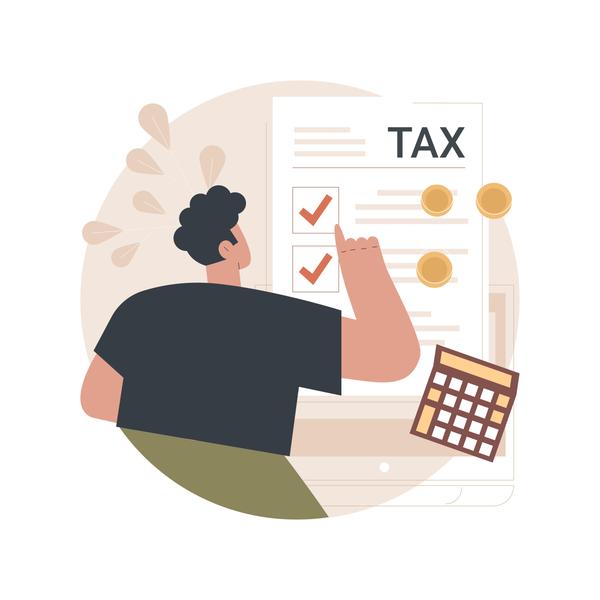Overview of Capital Statement of Individual Tax Payers

Capital Statement is requested by the Inland Revenue Board of Malaysia (IRBM) during a tax investigation to assess if an individual is able to substantiate his or her spending with the income generated. It is a combination of balance sheets and profit and loss accounts of an individual taxpayer. A taxpayer can either invest or spend his or her wealth accumulated over the years. The general understanding is that:
Income = Spending + Investments + Savings
Hence, Capital Statement is a tool used by the IRBM to assess if a taxpayer has under-declared his or her taxable income. Normally, the IRBM will request the individual taxpayer to prepare the above statements for at least 5 years of assessment.
The IRBM will issue two notices under Sections 78 (Form CP102) and 79 (Form CP103) of the Income Tax Act (ITA) 1967 to ask for your Capital Statement.
CP 102 – Statement of Personal and Private expenses
A taxpayer is required to furnish information on the personal and private spending for himself, his spouse, children, and other dependents to show the taxpayer’s spending pattern. Documents that indicate spending habits include bank statements, credit card statements, and any record of spending details of his or her family members.
CP 103 – Statement of Net Assets
Form CP103 consists of a complete statement of the taxpayer’s private and business assets and liabilities at costs. The statement should also include his or her spouse and children’s assets and liabilities as of 31 December for each year.
How Does a Capital Statement Work?
The IRBM will analyse and examine the information obtained via CP 102 and CP 103 to assess whether there is any income underreported by the individual taxpayer.
Generally, the income or earnings should either be spent, saved, or invested. The reported income or other sources of income (e.g. capital gain, inheritance, lottery winning, etc.) should be able to justify the spending habits and support the increase in the individual taxpayer’s net worth.
Who Is Usually Targeted?
- High net-worth individuals
- Directors, shareholders, and higher management of companies
- Purchasers of expensive assets (land, properties, luxury vehicles, etc.)
- Purchaser of luxury items (expensive watches, handbags, etc.)
- Individuals who made a large sum of investments
- Individuals who are seen to have a luxurious lifestyle such as going for expensive vacations (through social media or other sources)
- Individuals with overseas bank accounts with large funds being transferred in or out of Malaysia
Now, do you know what you should do if you were approached by the IRBM to furnish your Capital Statement?
Want to know more about starting a Sdn Bhd? What’s the best way to start one, and what should you be mindful of? Register and find out in our upcoming webinar!


For more information, get in touch with us on WhatsApp at 018-7678055!

 1,000+ reviews with a 4.9-star rating on
1,000+ reviews with a 4.9-star rating on



